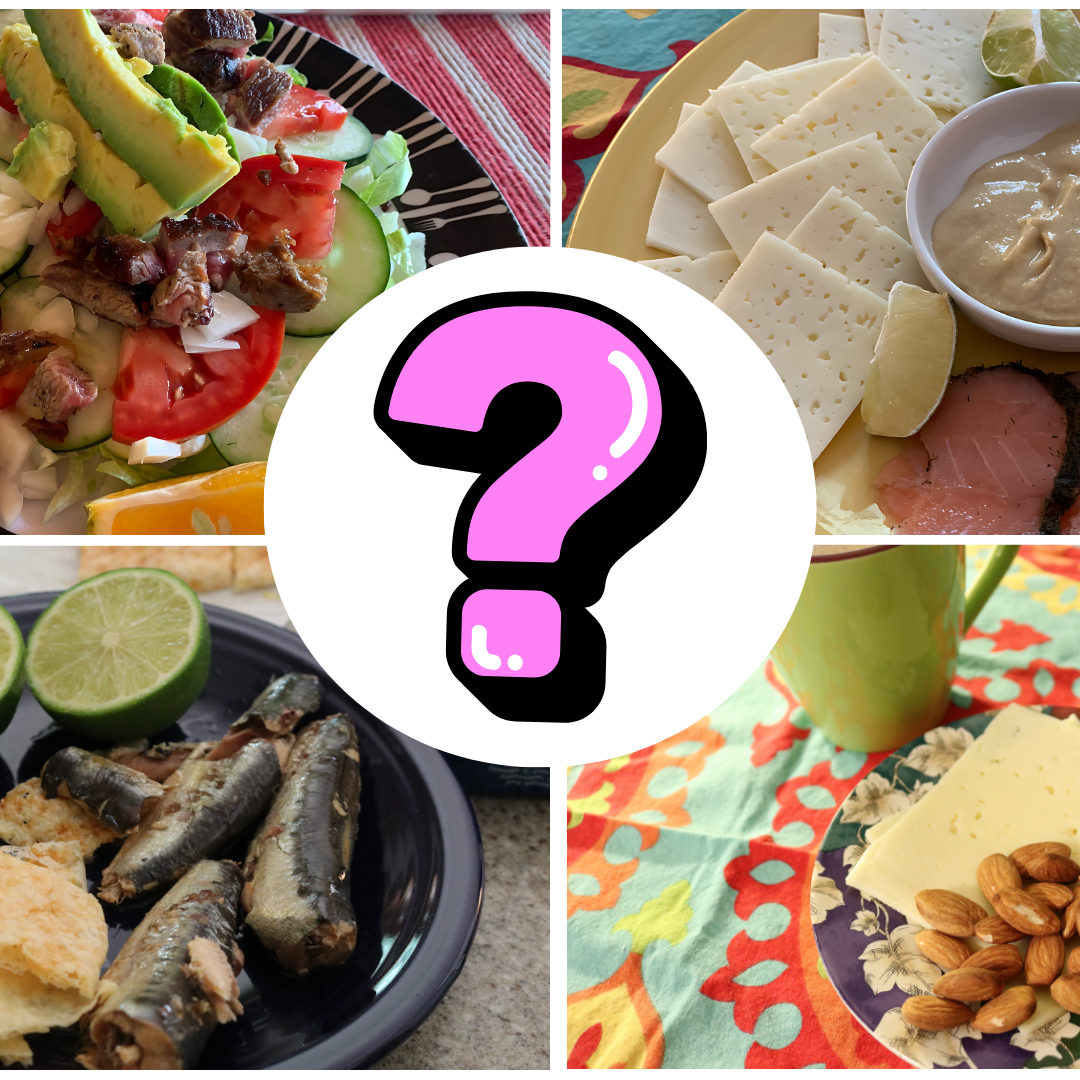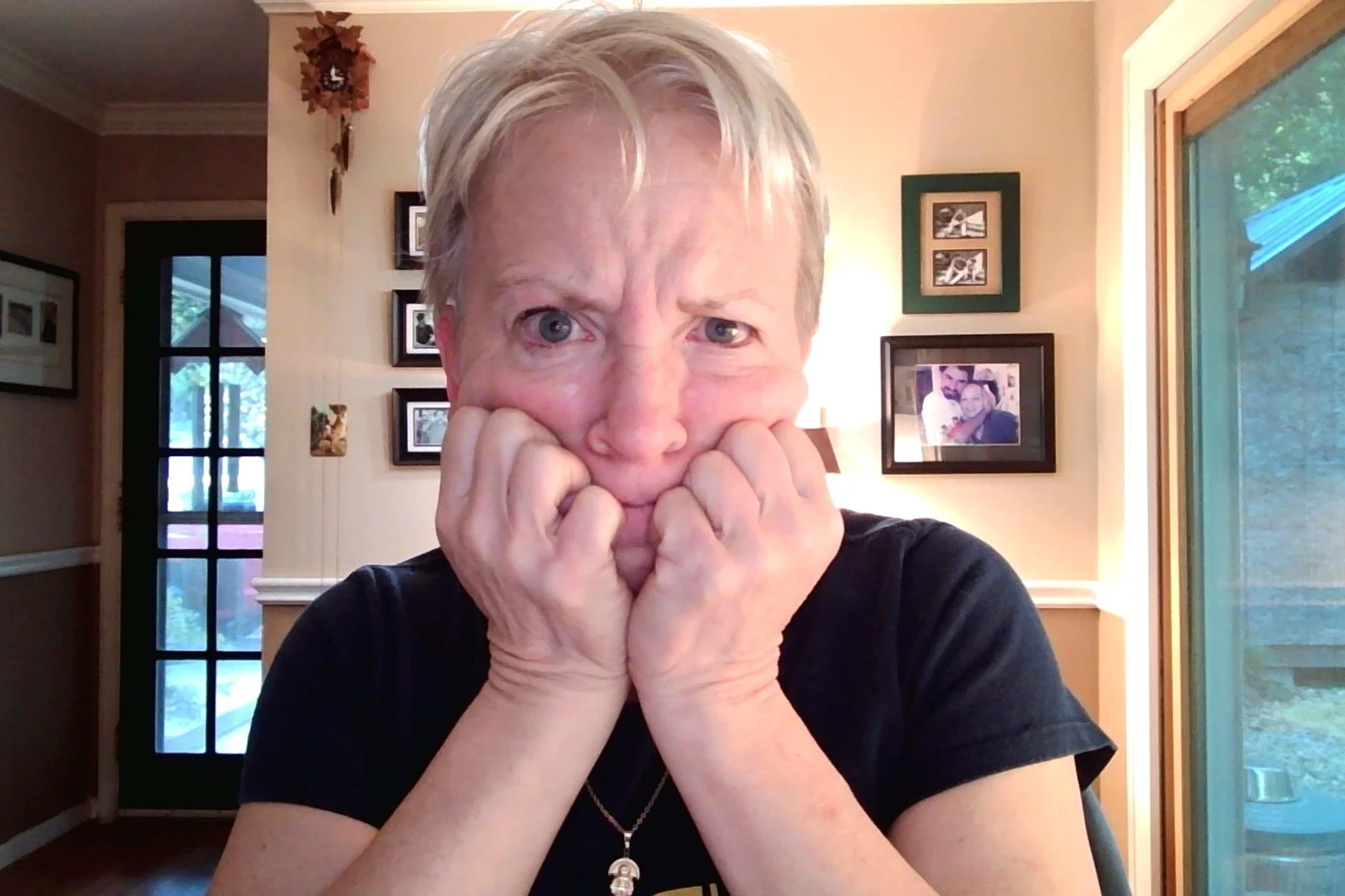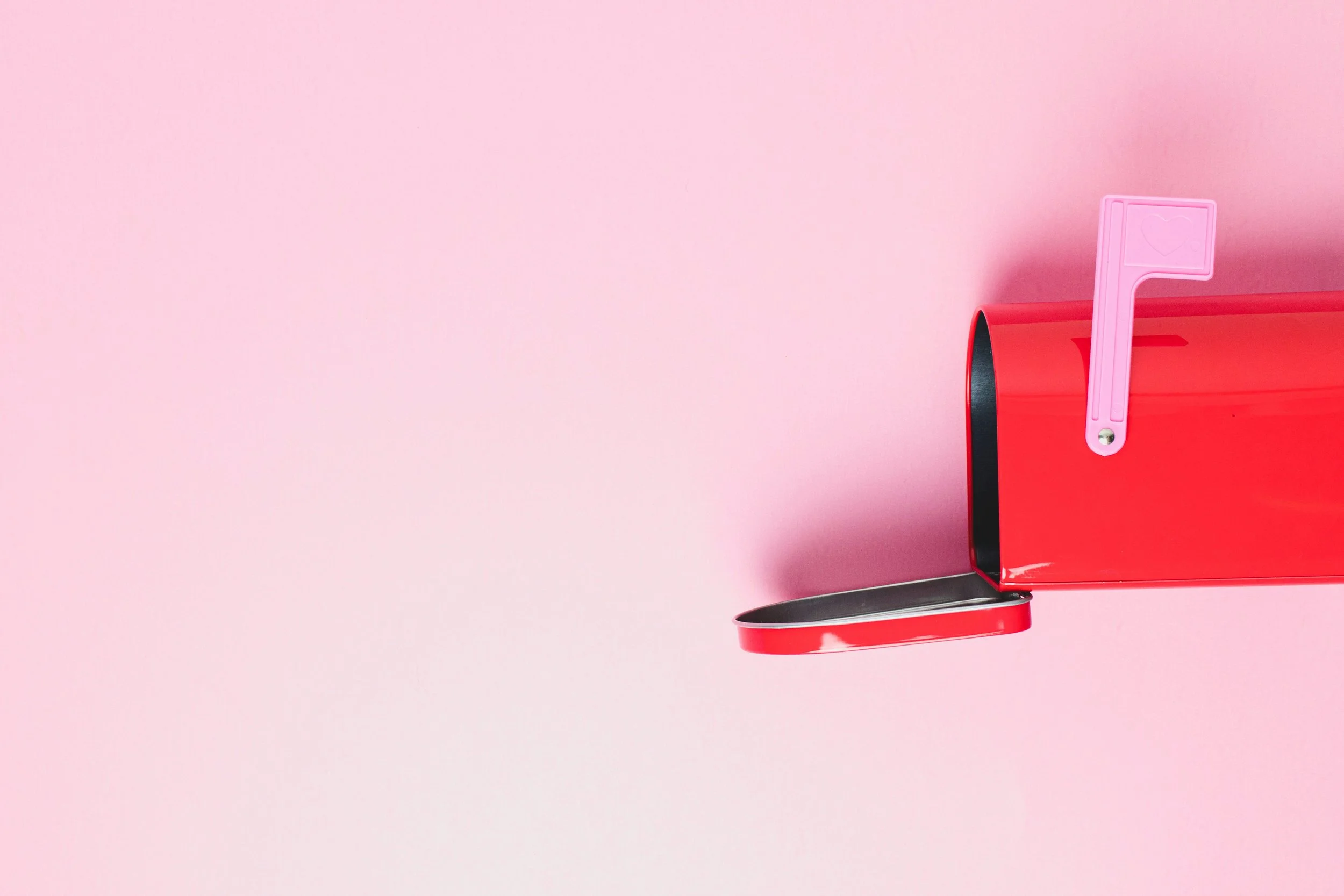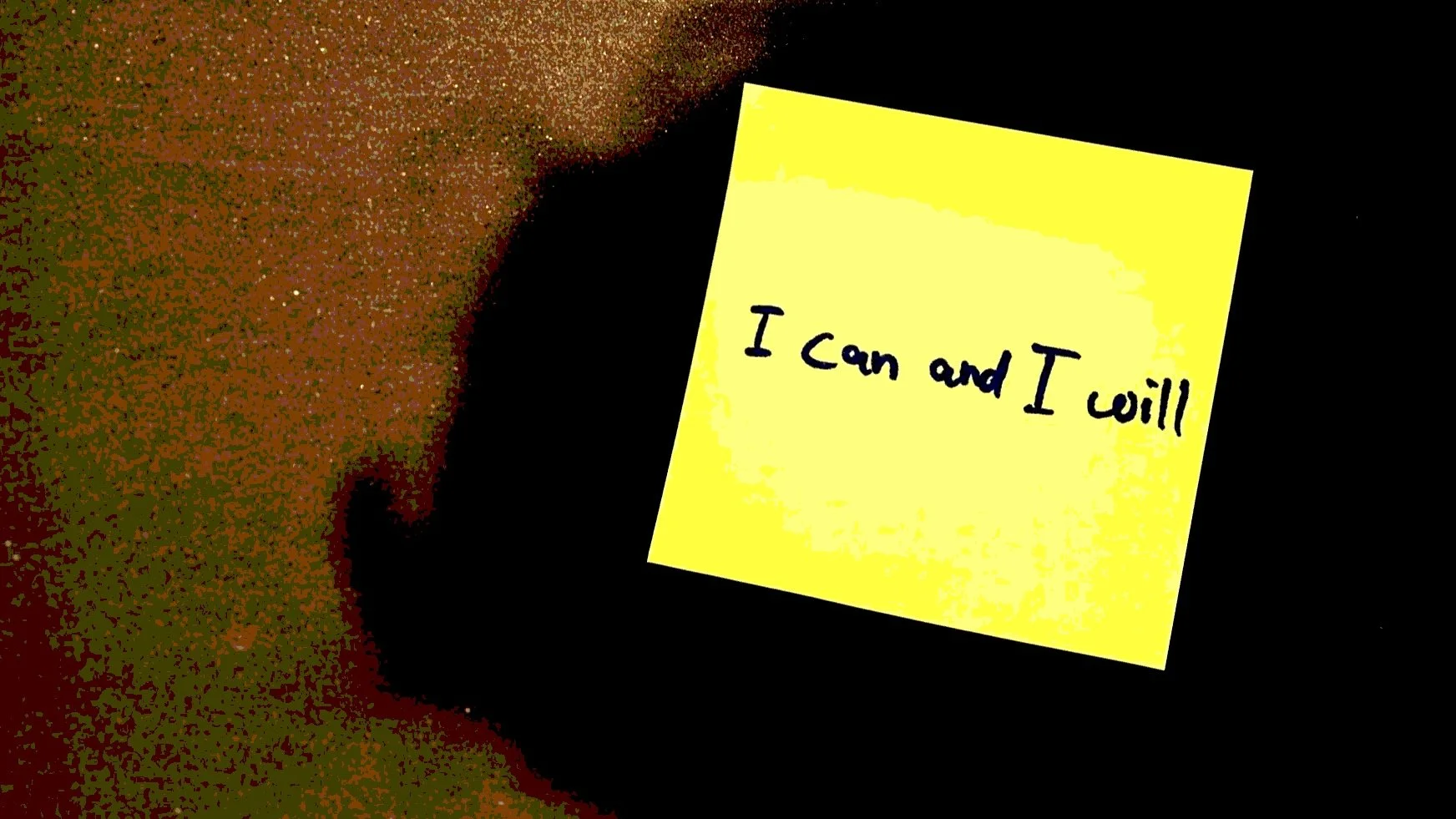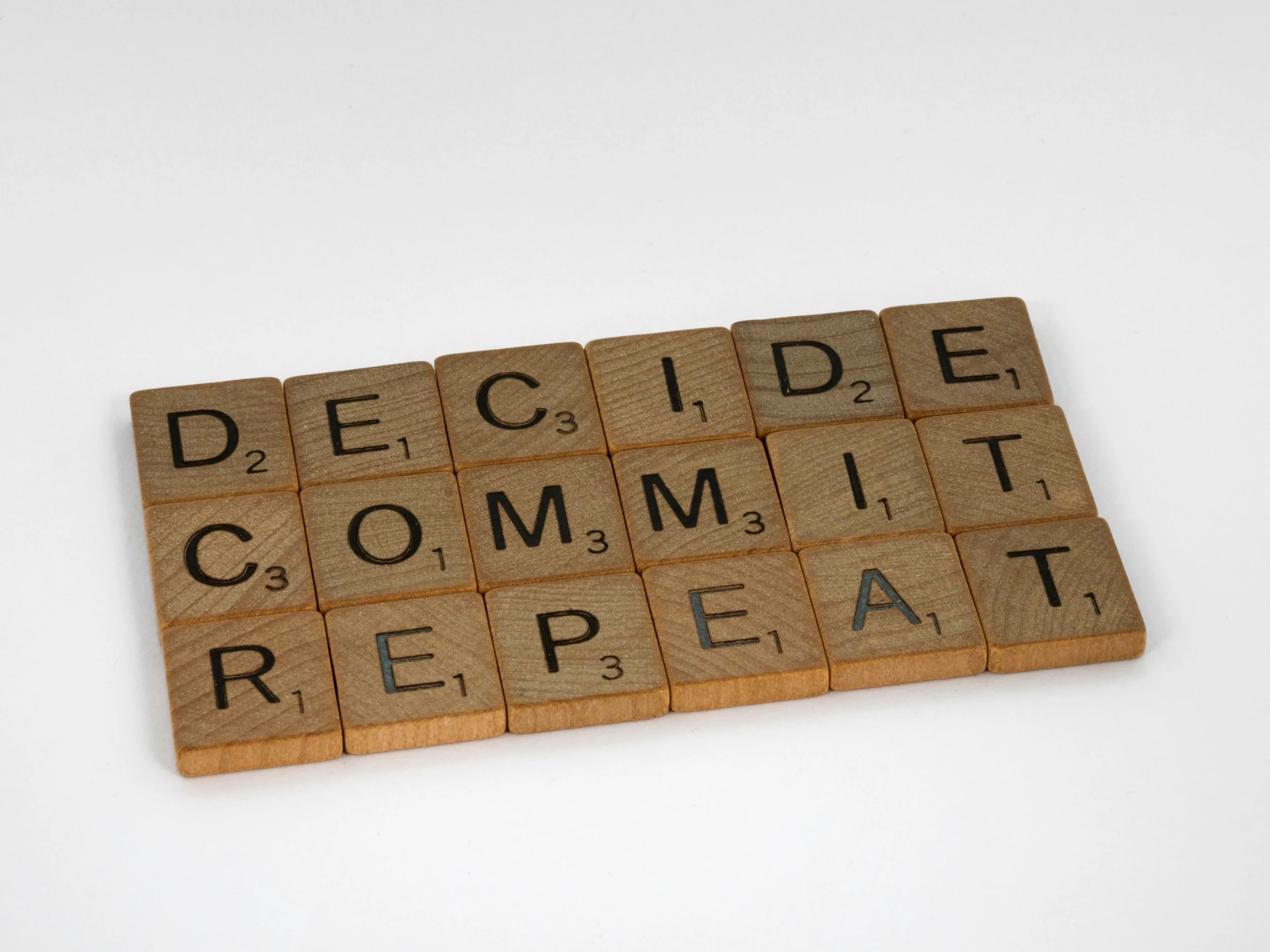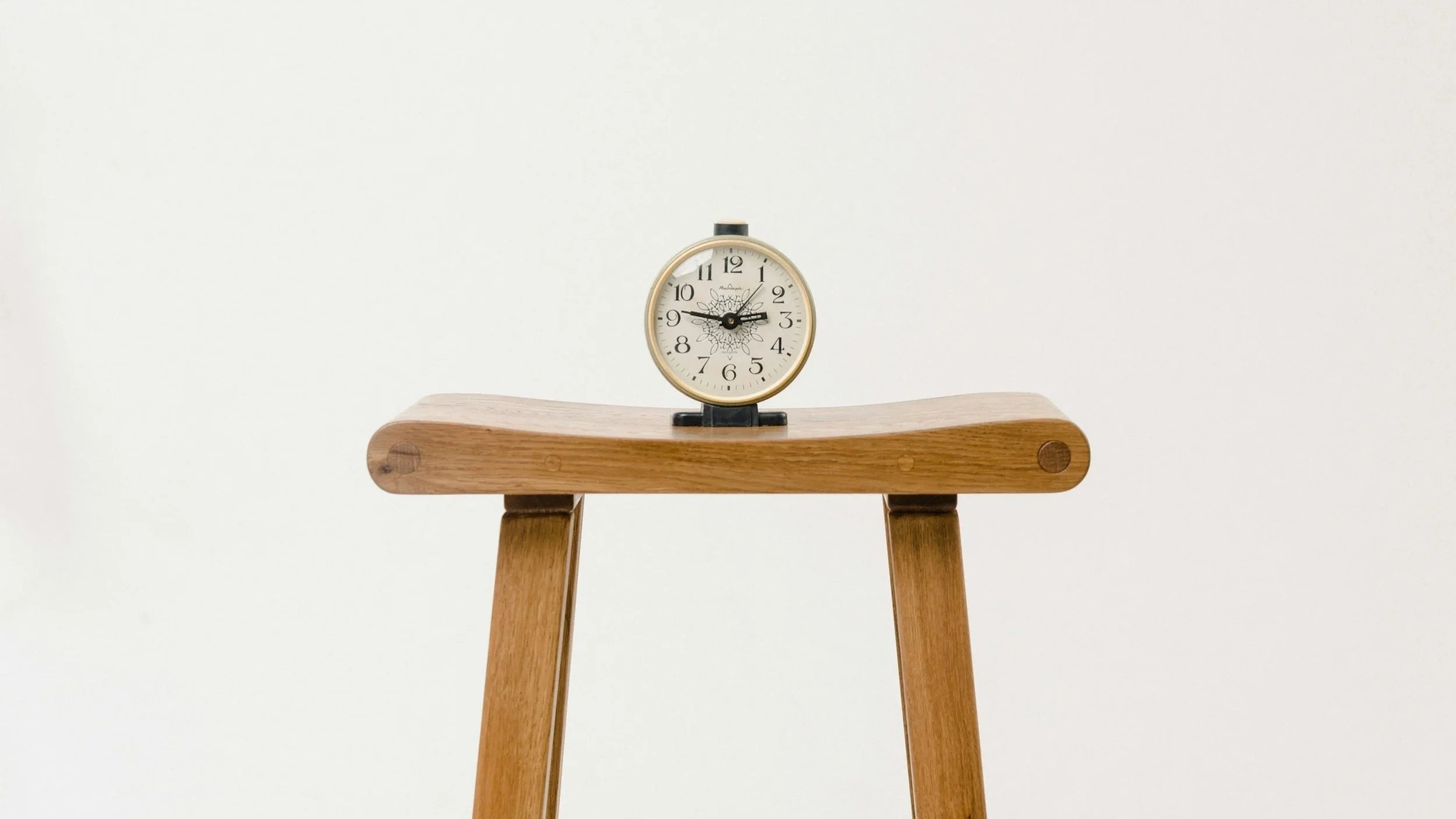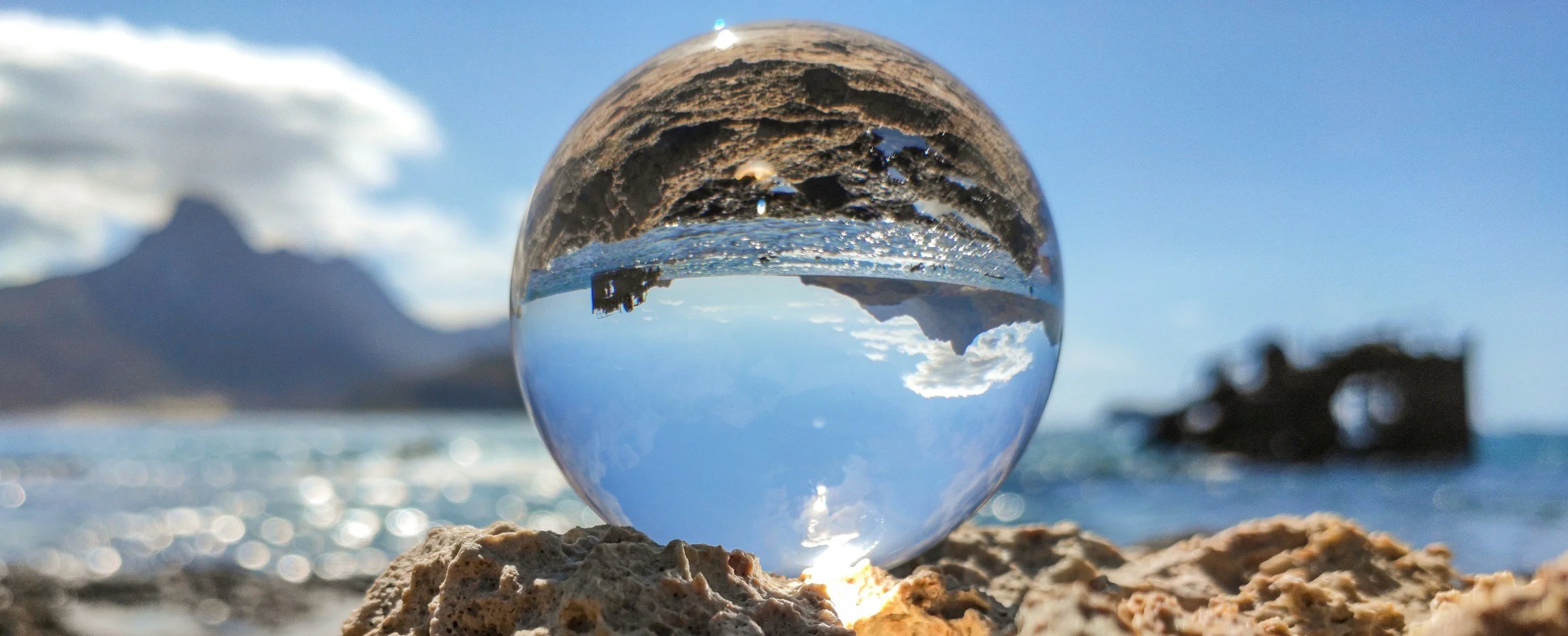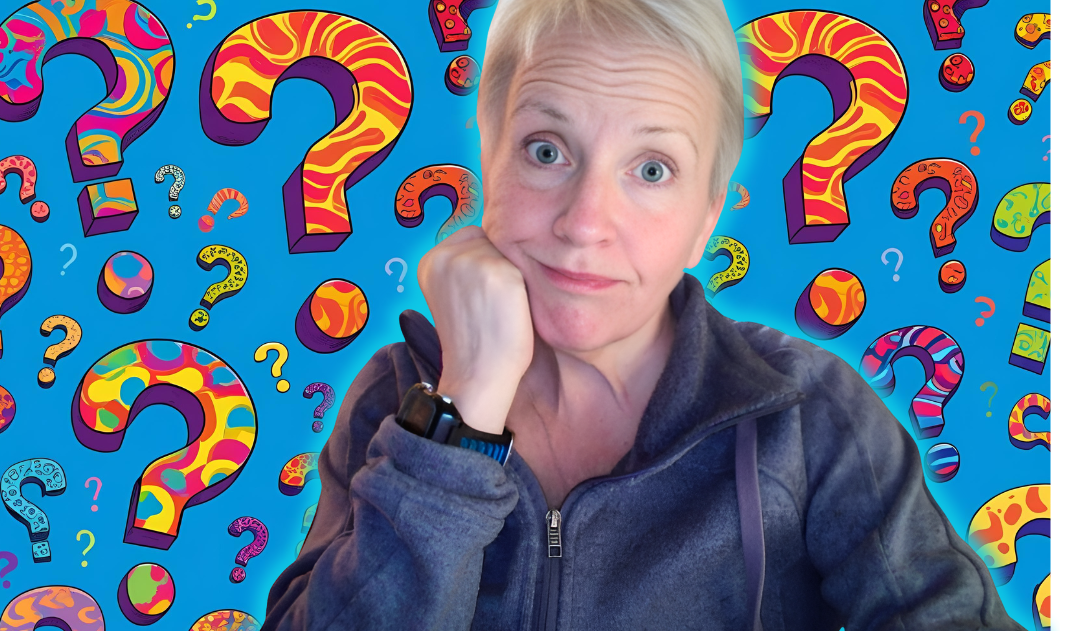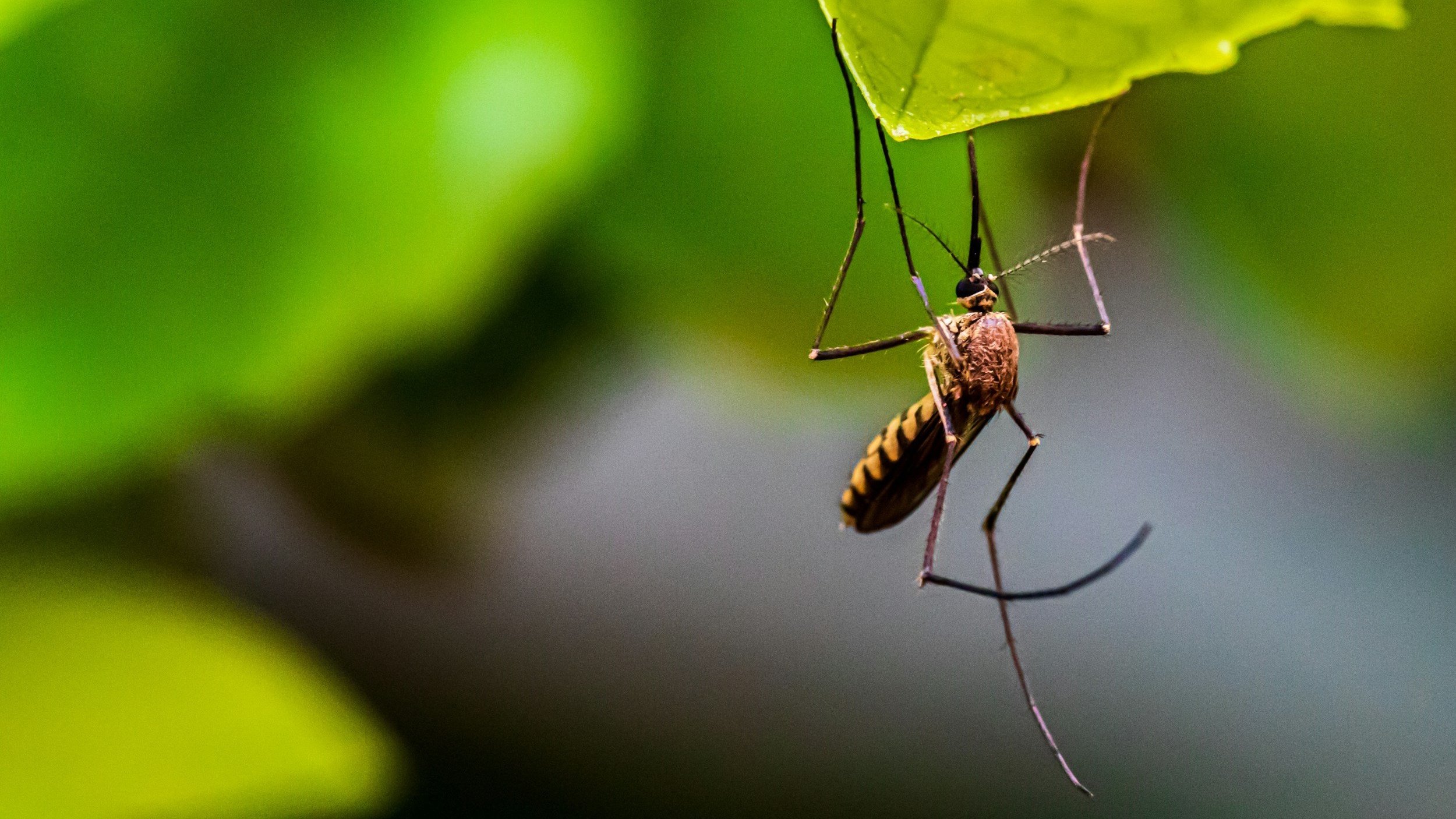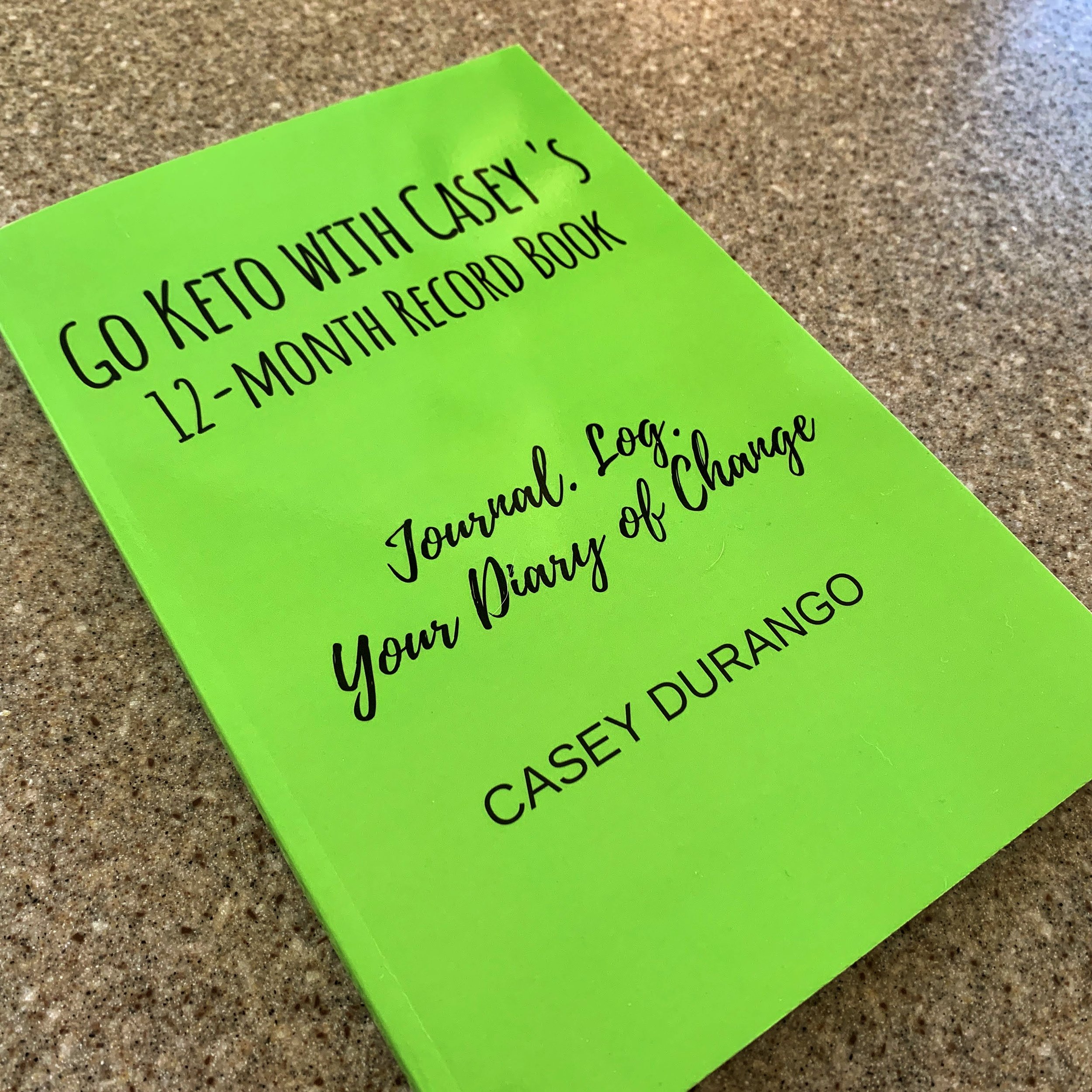Hunger? What Do You Mean, "What Does It Mean?"
/Okay. I've got to admit that I think I have this who ketogenic diet thing pretty dialed in. I've lost 95.4 pounds since I started the program whose tenets are pretty basic and straight forward: keep carbohydrate intake below 20g a day, eat only from the allowed food list and eat only when hungry. The point is that, when carb intake is low enough, the liver stops pushing glucose into the blood. Without the glucose for fuel, the body switches to burning ketones (fat). And as long as one doesn't overeat dietary fat (more on that in another post), our body's on board fat is mobilized and all is right with the world.
Yes, yes. I'm the queen of ketosis. I'm a happy fat burner. Let's go down that simple check list:
Carbs low? Check
Keeping to the allowed food list? Indeed
In ketosis? Always
Eating only when hungry? You bettcha....uh... well... Let me think.
Here's the thing. Figuring out what hunger actually is has been a true challenge. Several months into eating this way I was tripping along, loving life and this diet. I had lost about 45 pounds but things had really slowed up. I had an opportunity to ask a world expert on the ketogenic diet, Dr. Eric Westman, why I had seemingly stopped losing weight when I was in ketosis. He asked several qualifying questions and then got to that last one, "Are you eating only when hungry?" I replied pretty much as I wrote it above. I stammered out something and then realized that, no, I couldn't say I did. I ate when it was mealtime. Only low carb and proper 'keto' foods, but the meals were mandated more by the clock than my body needing to be fed.
This led to a practice of asking myself whether I was eating out of hunger or habit. The next trick was to figure out what hunger actually felt like. It doesn't seem like we should have to really over think something so basic as whether we're hungry or not. We don't spend a lot of time pondering whether we're tired, chilly, hot or if we have to poo. We just know.
But our bodies have been jacked up on glucose for decades now. And since glucose can't be stored in the blood (we only have about 5g of the stuff in our bloodstream) our brain keeps calling for more every couple of hours. That's when you feel the need to mid morning after having downed a gracious large breakfast of a slice of whole grain toast with a slather of fat free strawberry preserves, a glass of orange juice - which is really a slice of sugar with a slather of sugar and a glass of sugar. Ten thirty rolls around and you need a muffin (sugar). So goes for lunch, then mid-afternoon slump, then dinner. All you can do all day is think about food because your brain is hankering for glucose.
Ah, but when fat-adapted, your brain doesn't have to yell at you to eat. The steady flow of ketones (our brains do beautifully using ketones for fuel) which come from our body's fat stores, quiets all that noise. No more 'feed me, feed me, feed me now or pay the consequences!'
The thing is we can still be in the habit of eating, even long after the roller coaster of glucose induced hanger is gone. And more than that, we an be so worried that we'll get hungry, we fret about being more than 45 minutes away from our next feed.
So I've been working on being truly mindful of eating. What is hunger? Am I hungry? How much is enough? And I find the more I practice this, the less space food takes up in my mind. As I've said and written before, food is no longer the boss of me.
While humanity has spent millennia trying to be free from hunger, we're in a position to be free from food. Maybe we can spend the extra time and brain power or solving other problems.
Disclaimer: I’ve been fortunate to have had the time and resources to research the ketogenic diet, also known as LCHF (low carb/high fat). The information I share is based solely on my understanding of that research. We are all responsible for our own choices, including what we put in our mouths and there’s no substitute for each of us checking things out ourselves. And I’m not a medical professional in any way. Go Keto With Casey is not a medical site. “Duh,” you might say. But best to make it clear to all. I welcome questions, comments and even civil criticism. I’m still learning. So, if you have something to add, go for it. Links in this post and all others may direct you to amazon.com, where I will receive a small amount of the purchase price of any items you buy through my affiliate links. Thanks!




